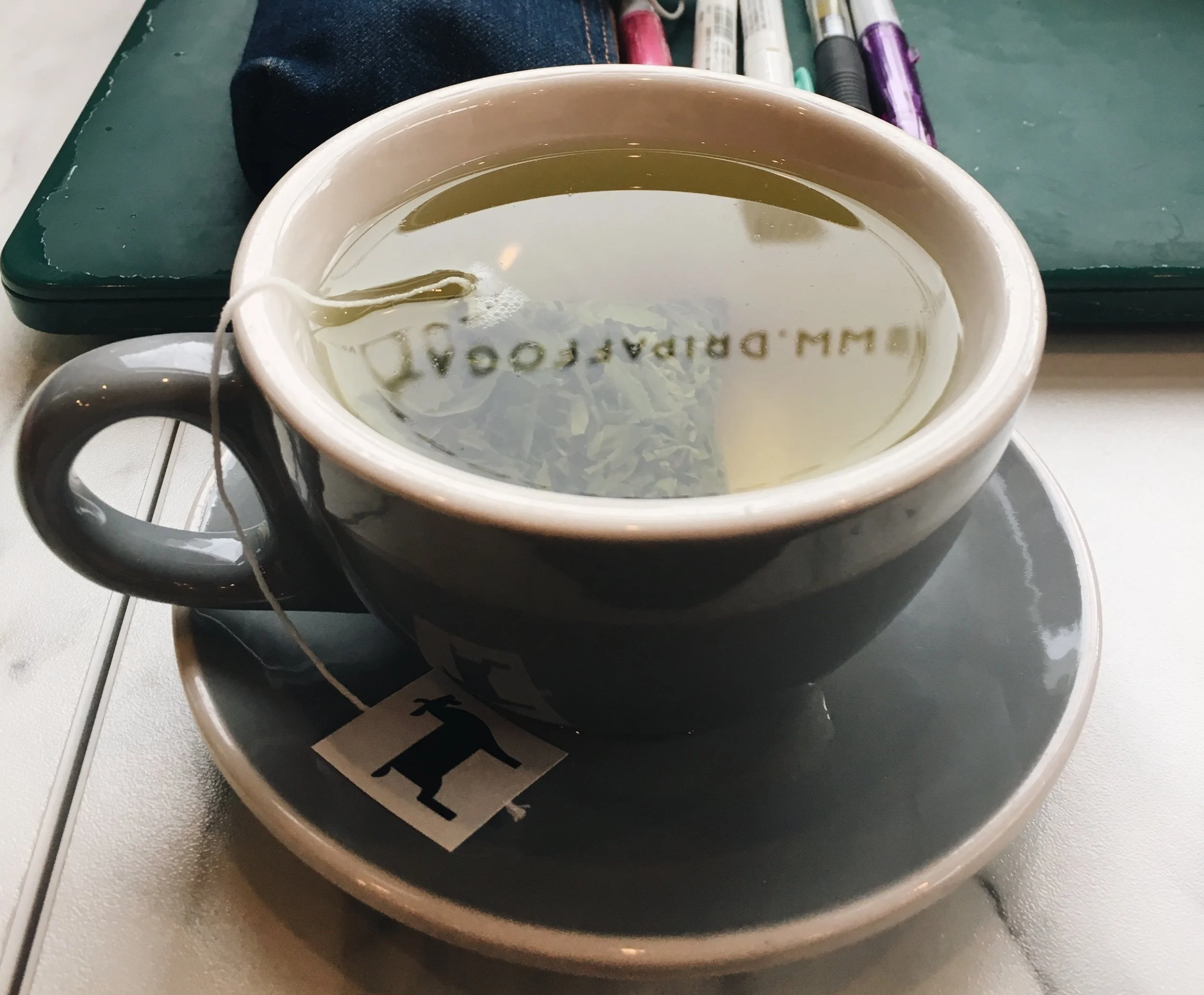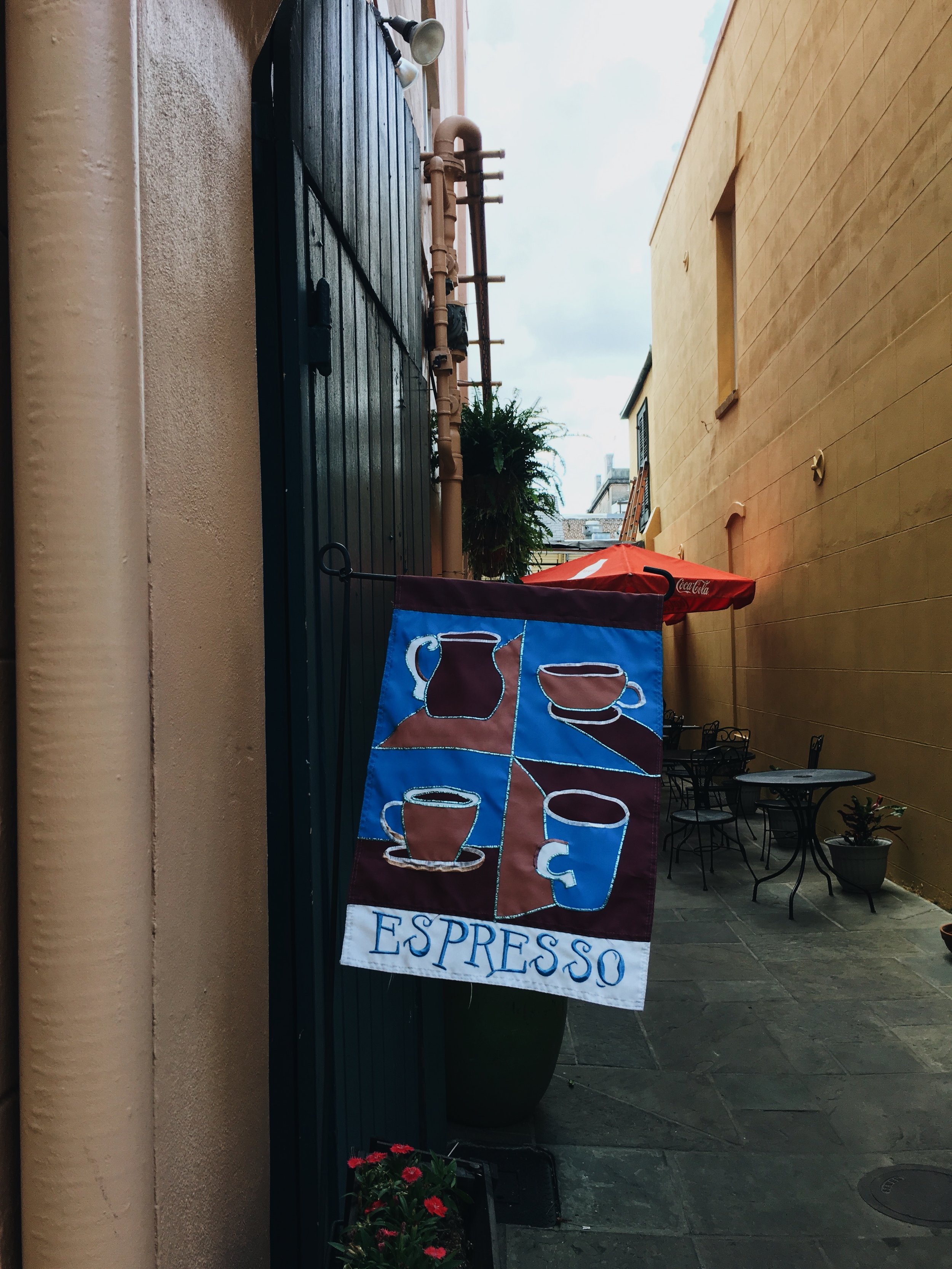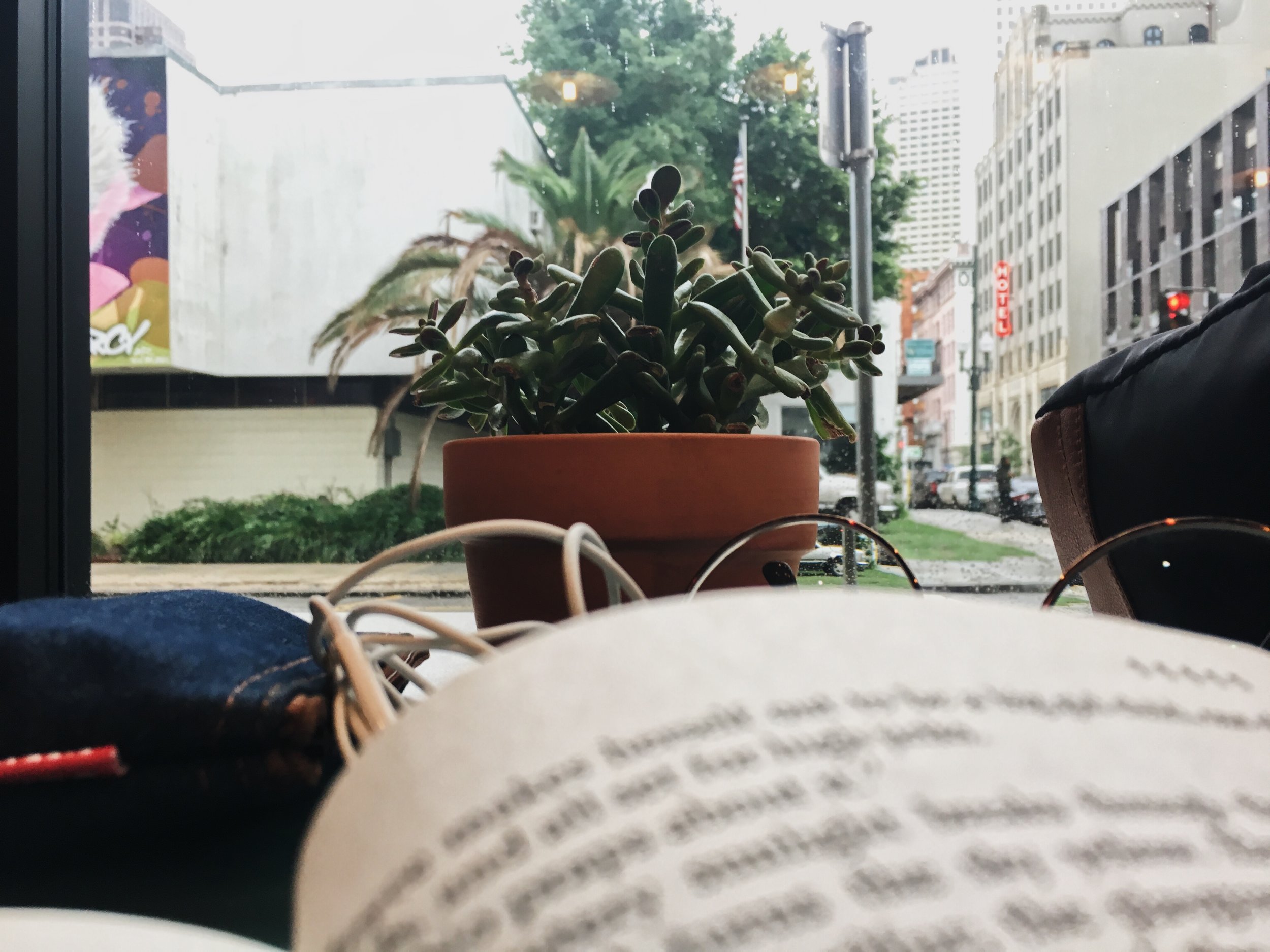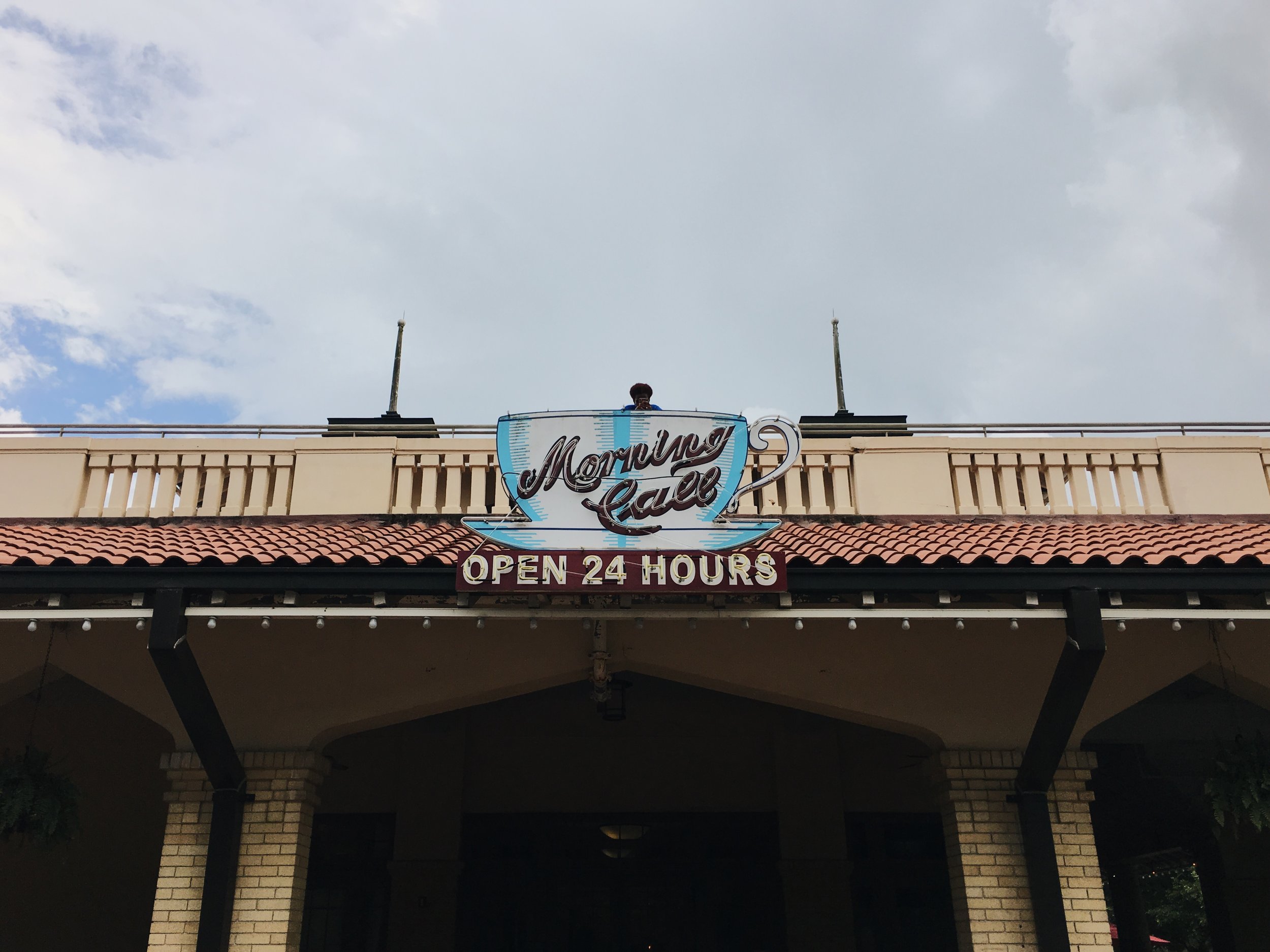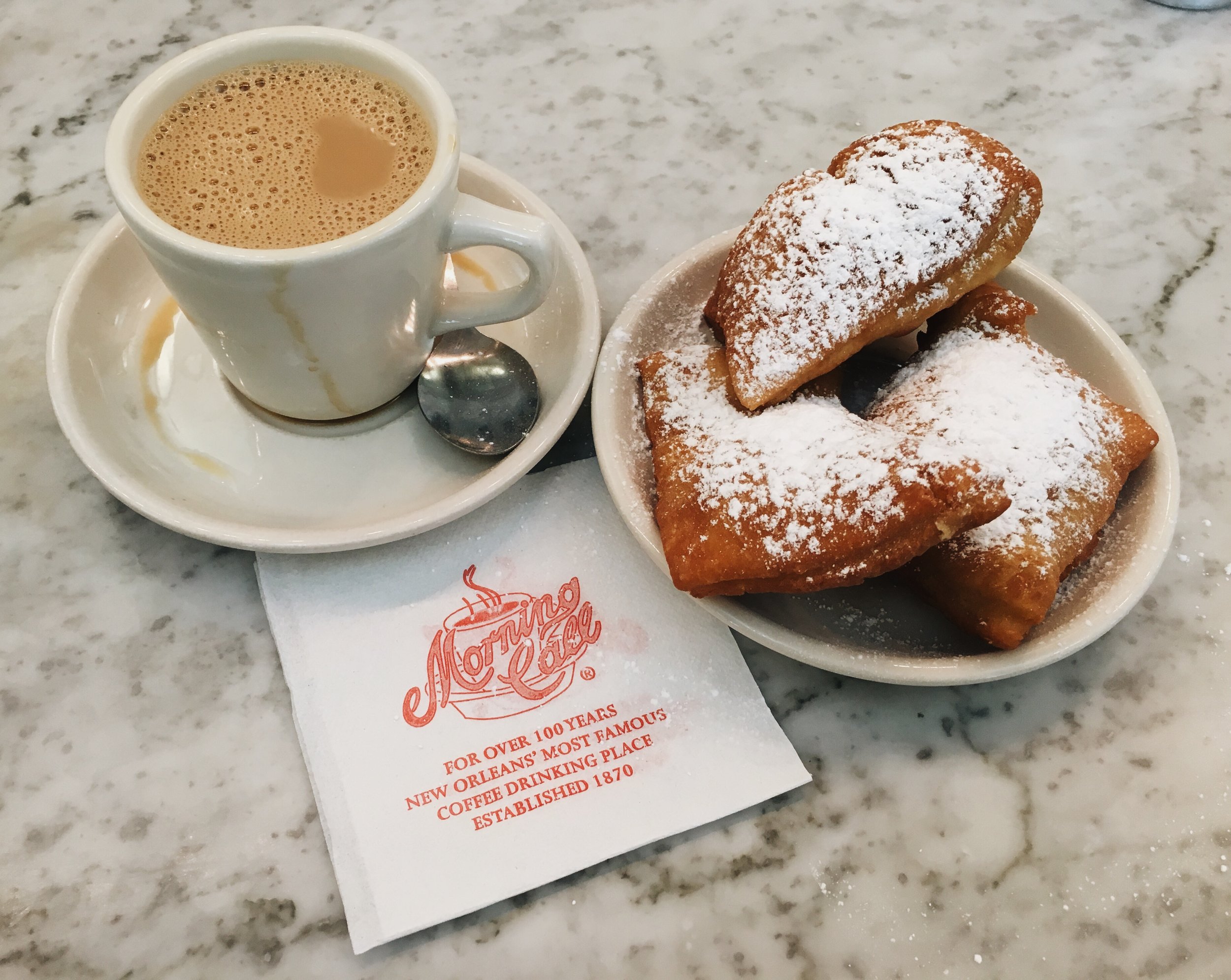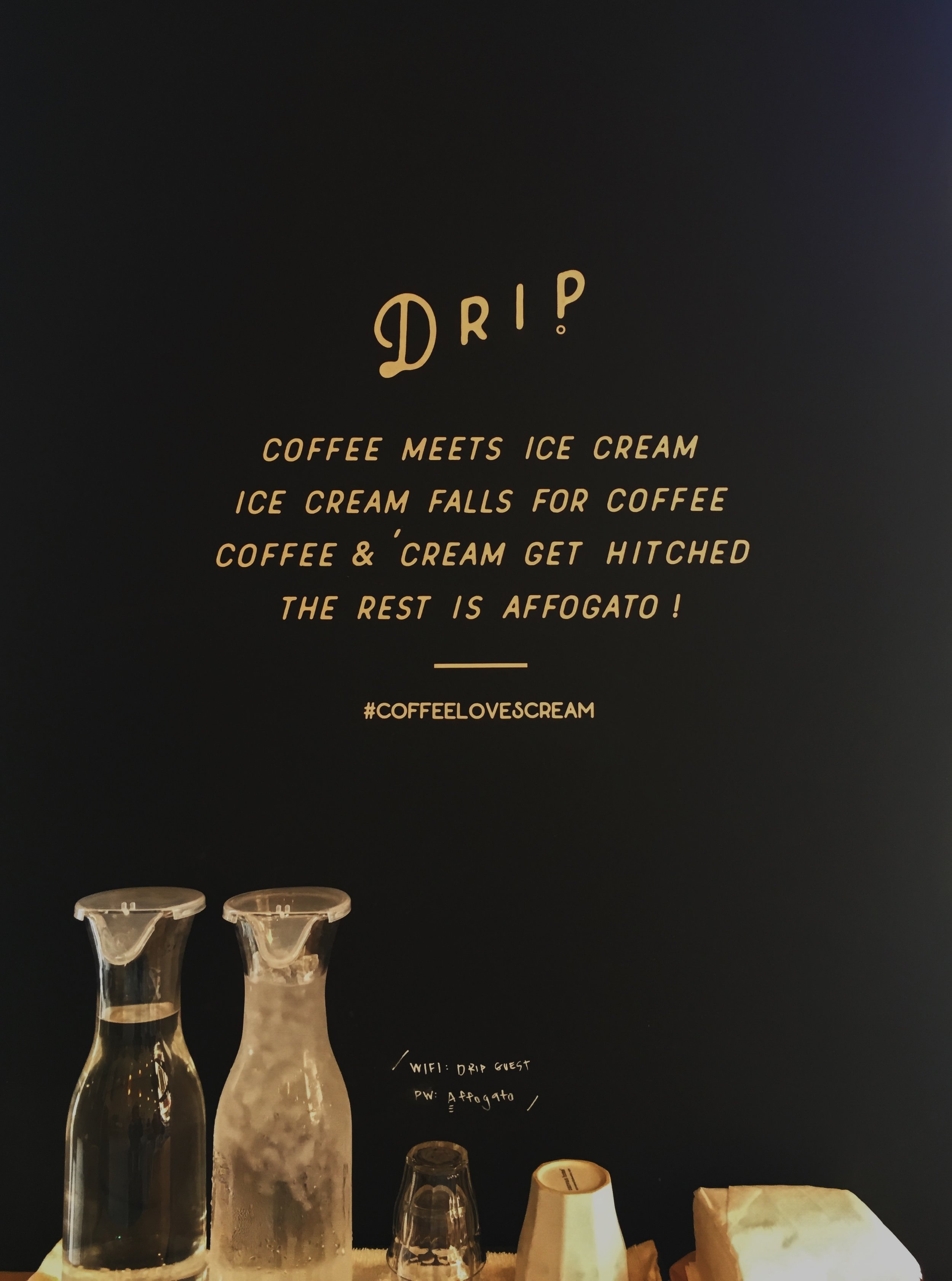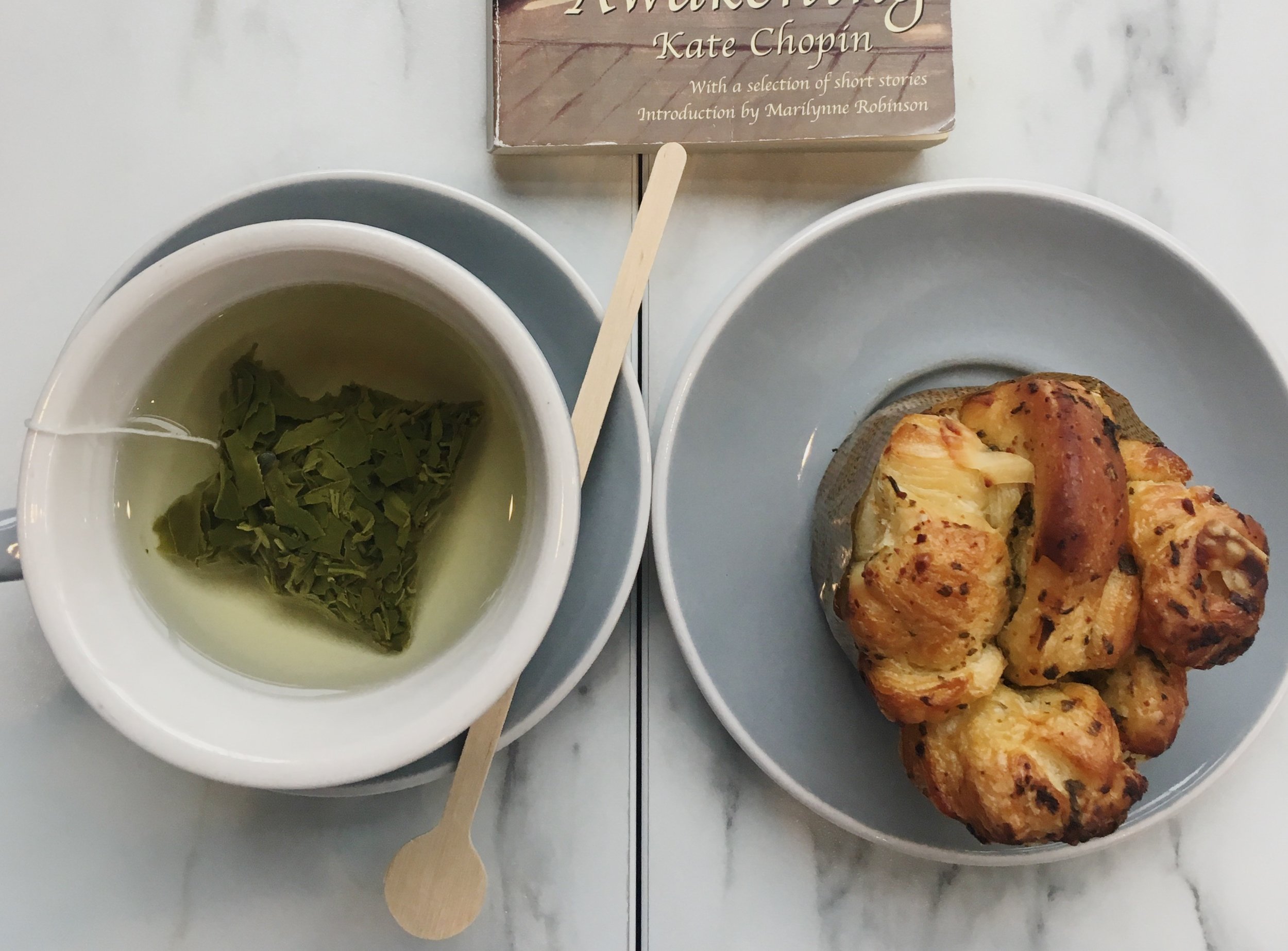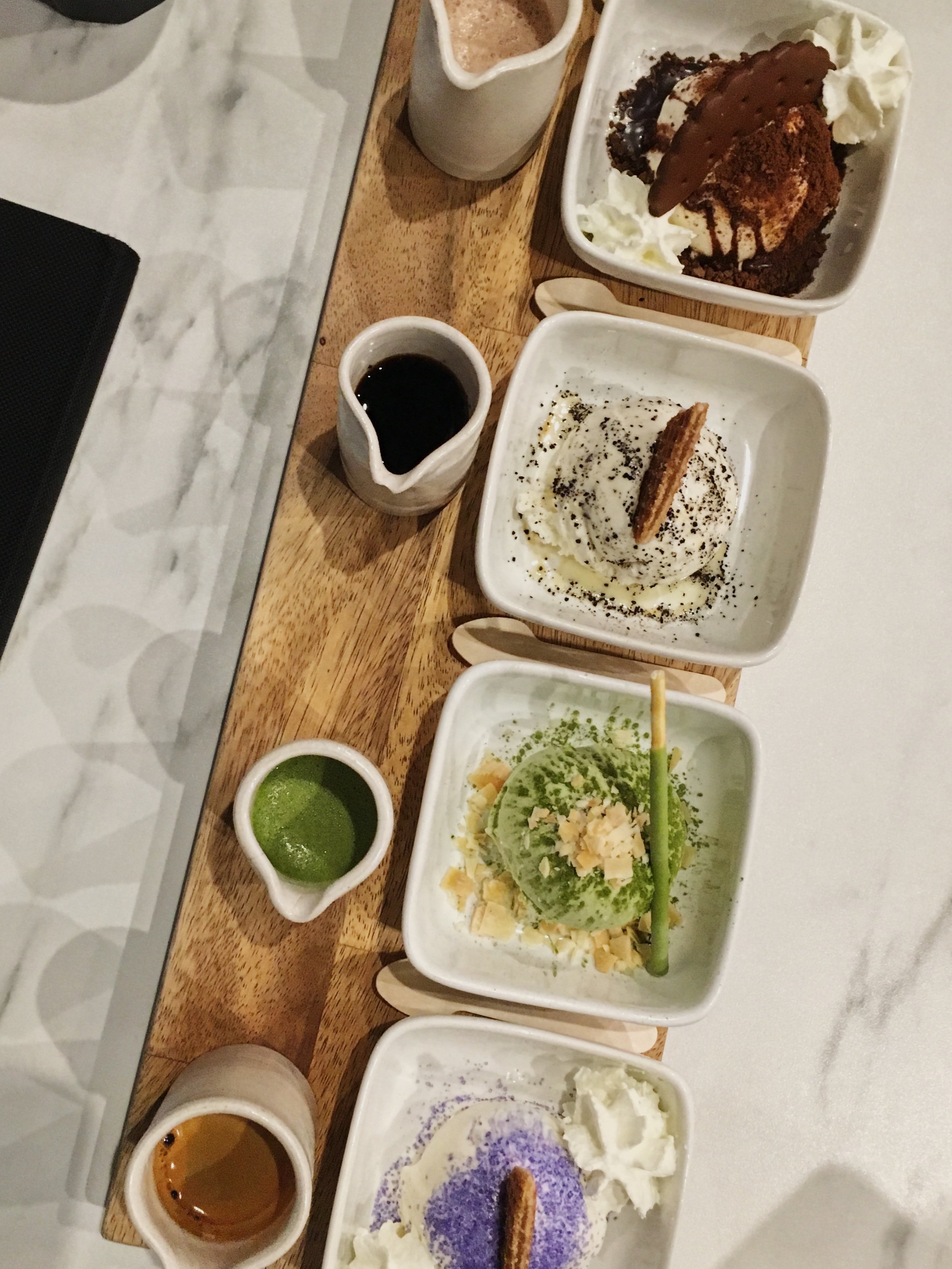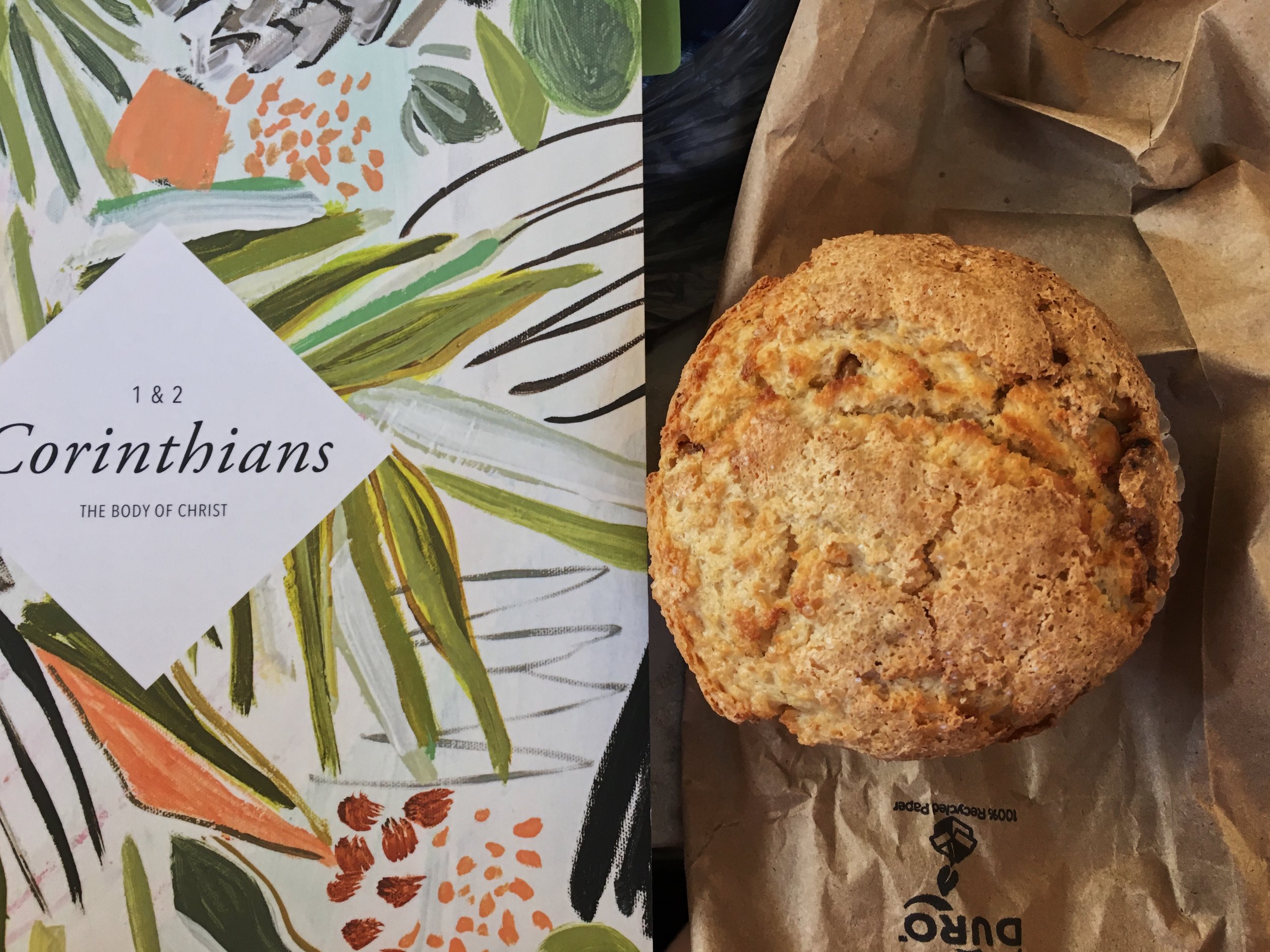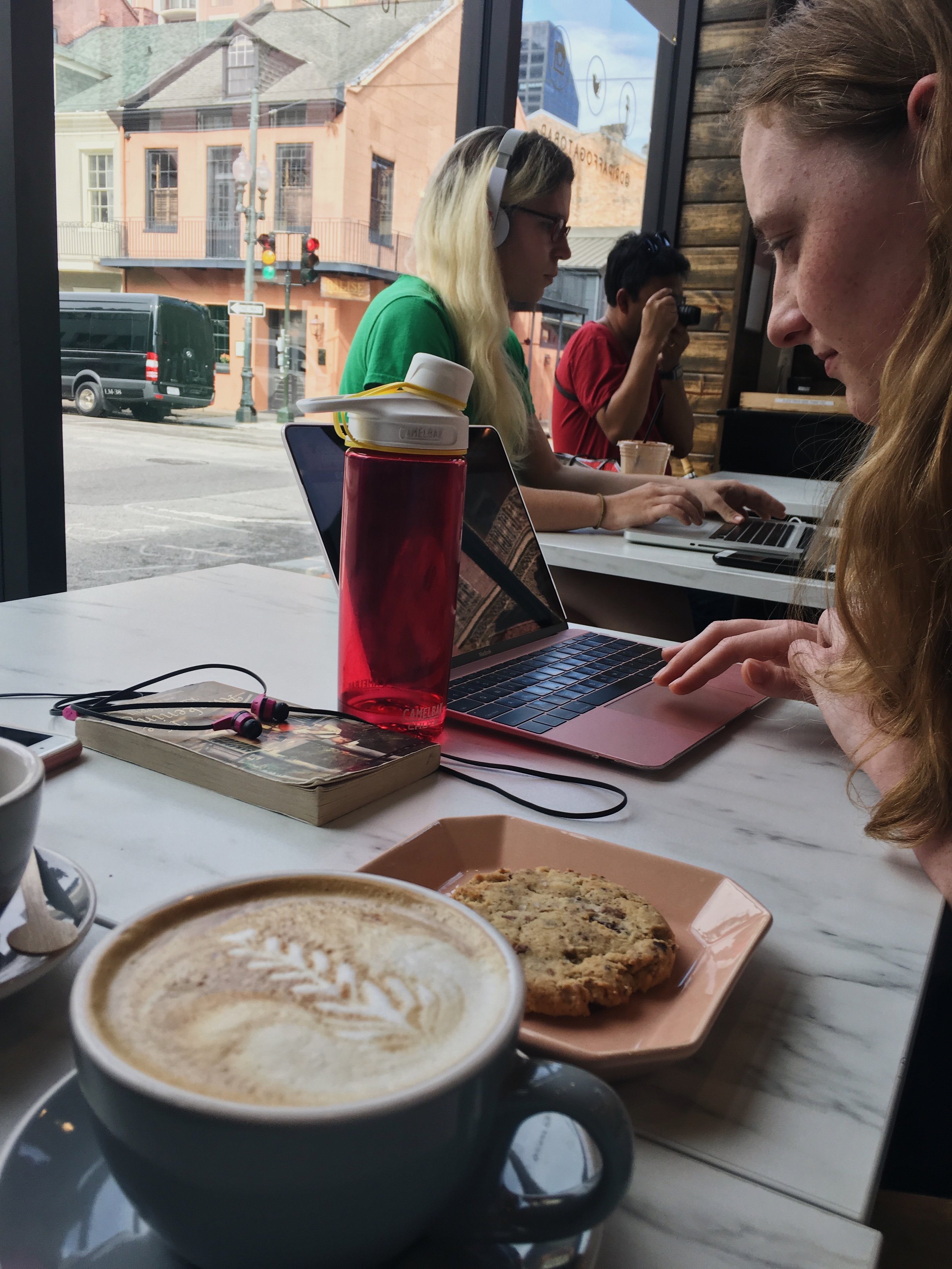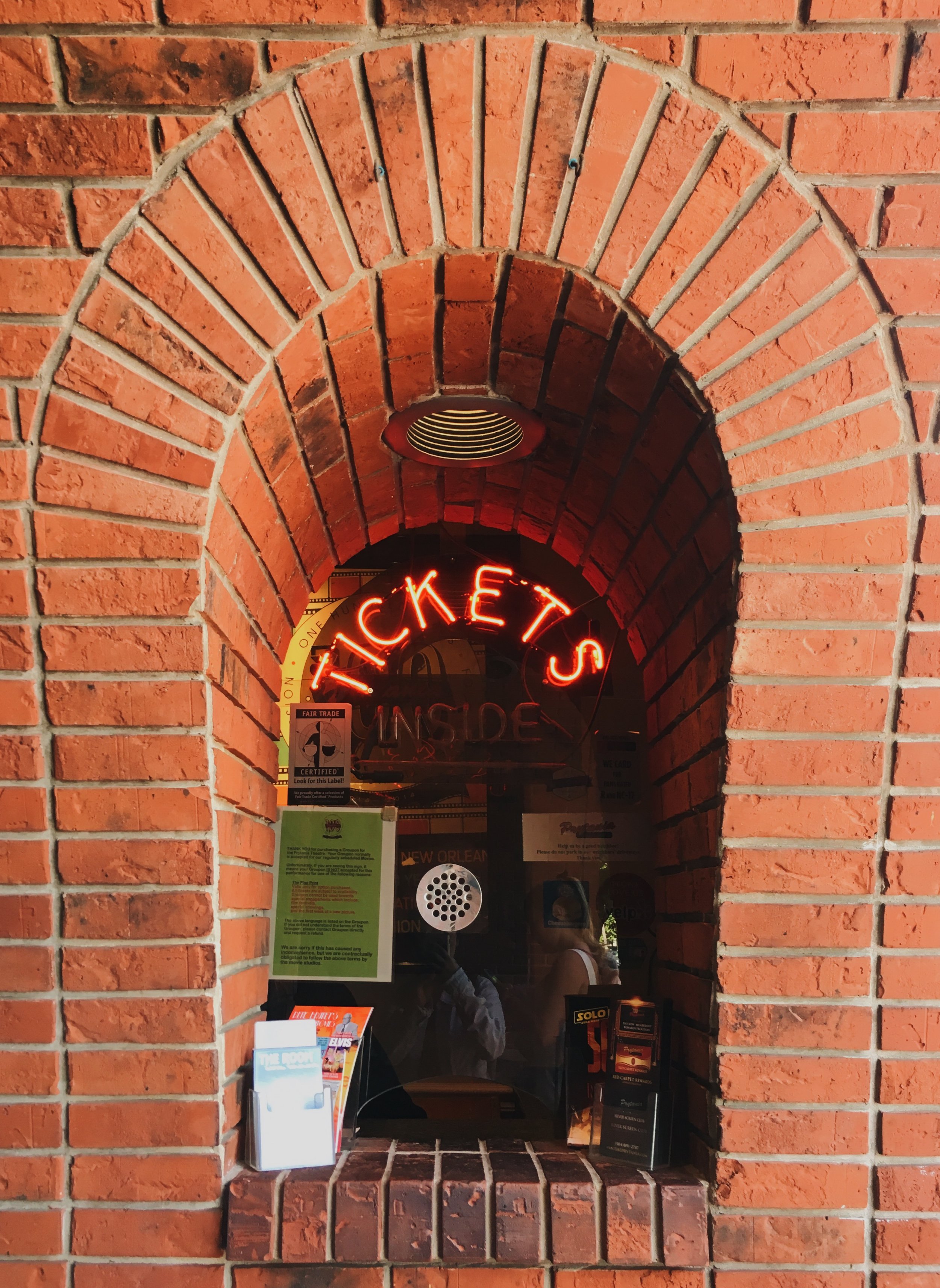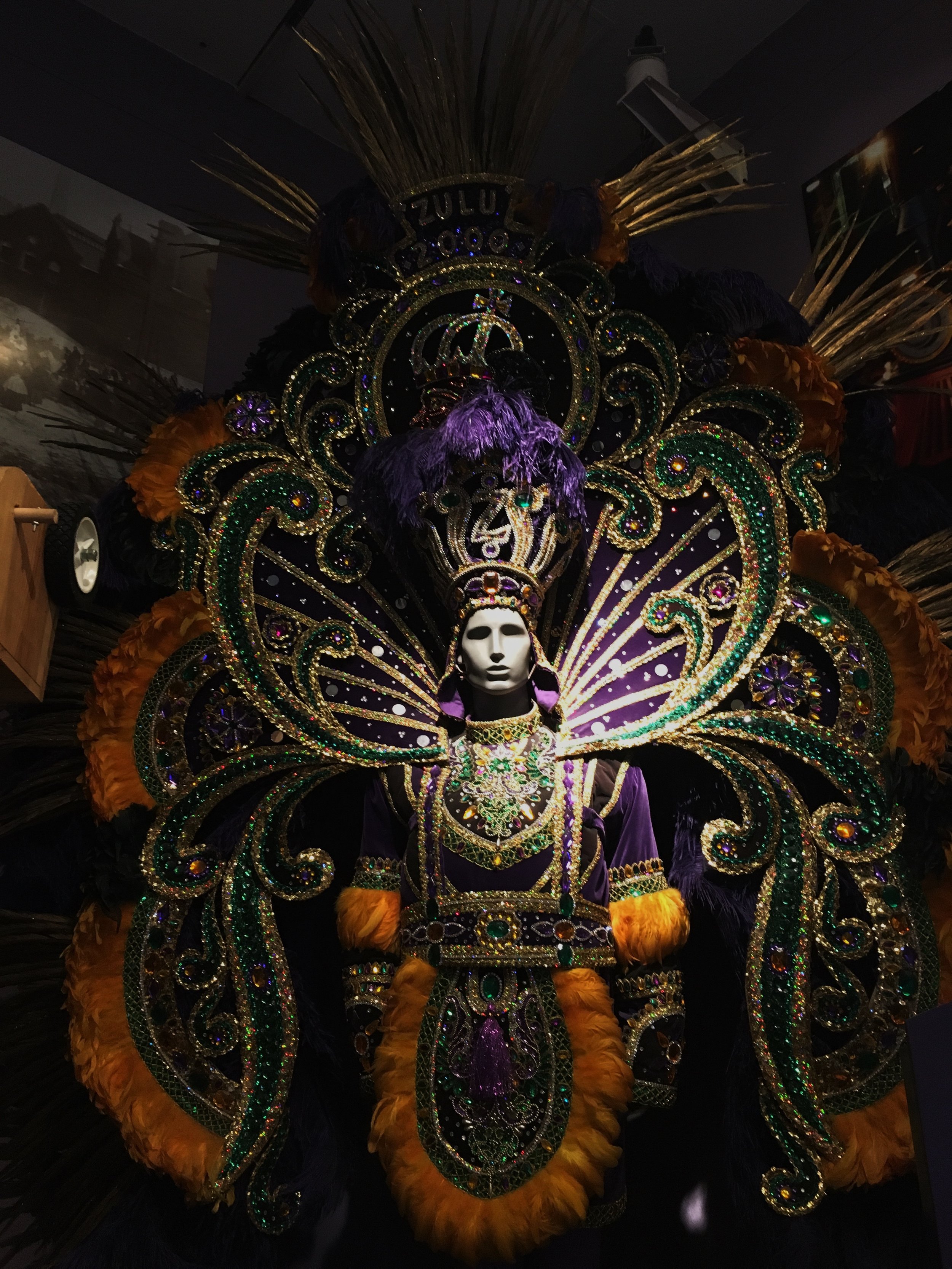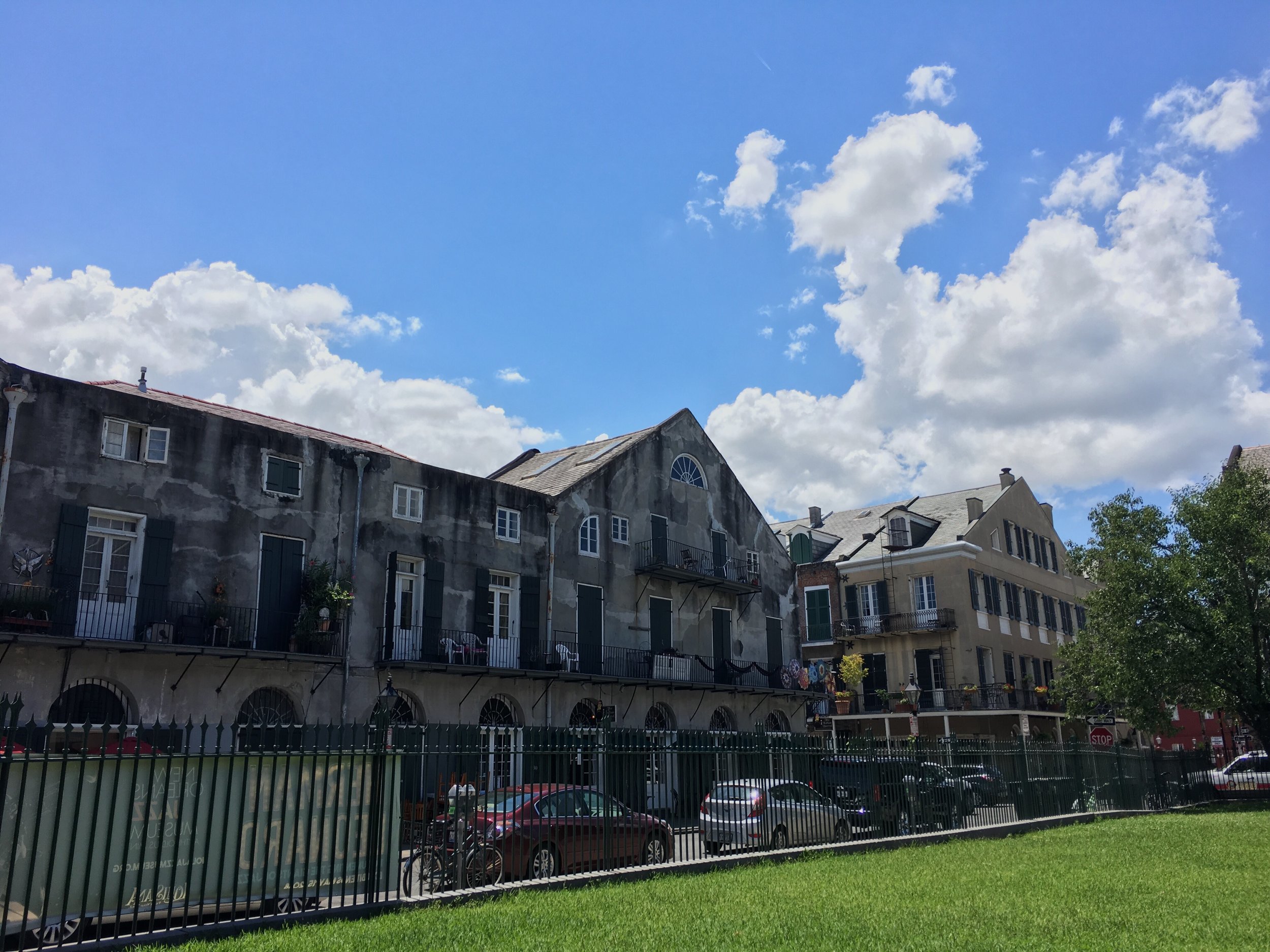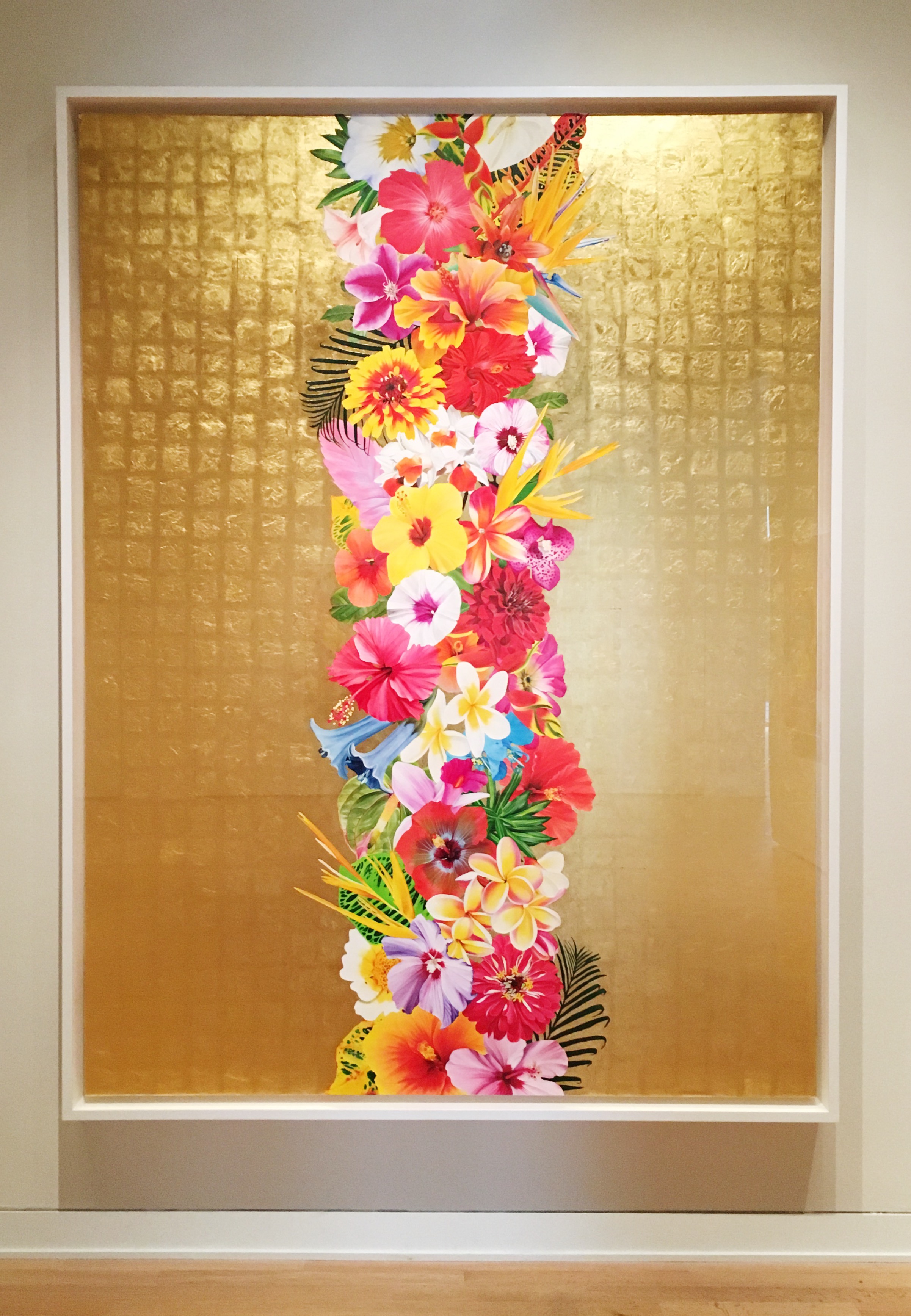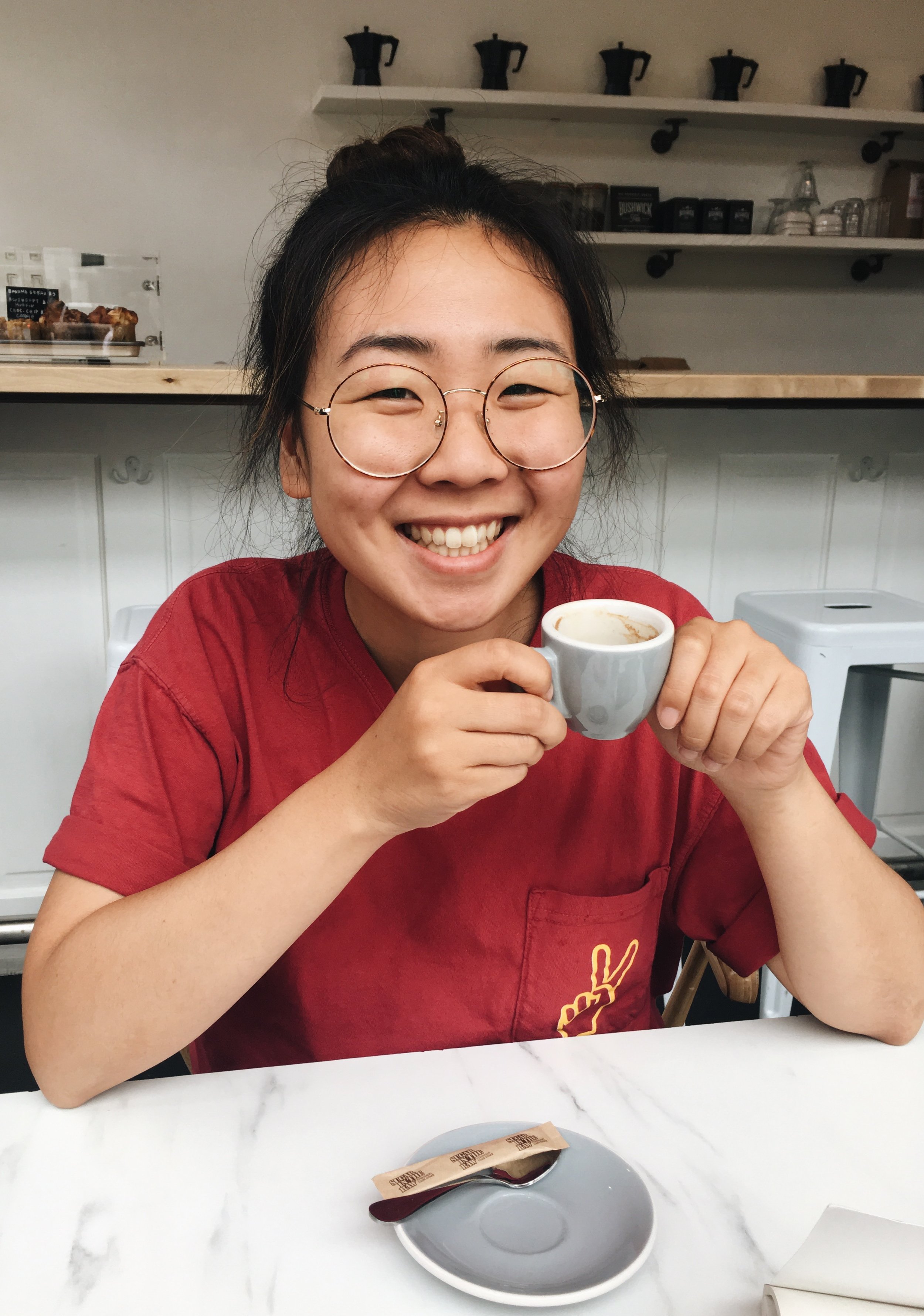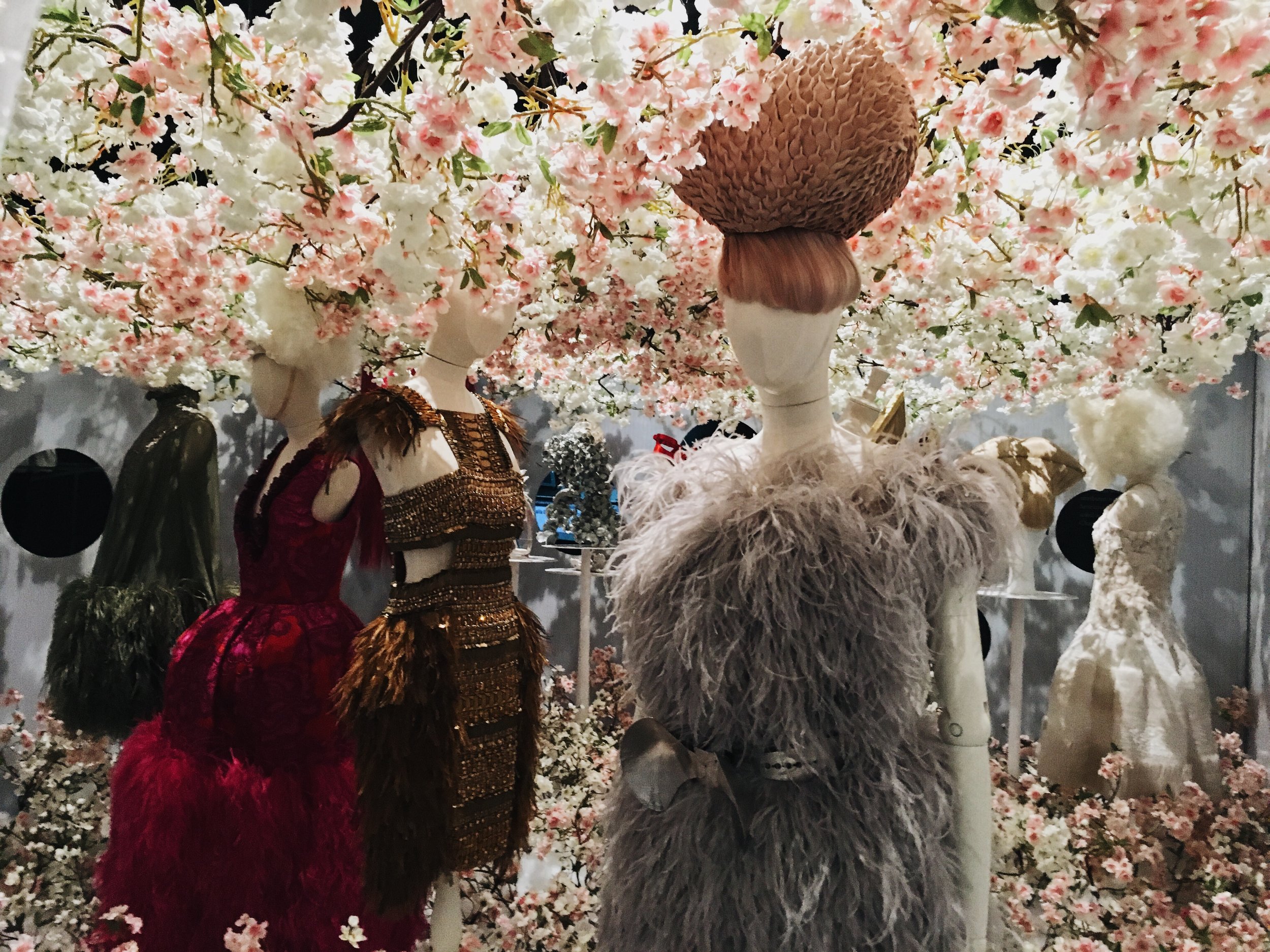“You can never get a cup of tea large enough or a book long enough
to suit me.”
- C.S. Lewis
There’s something about coffee shops that intrigue me. Having your body be rejuvenated by a warm, aromatic drink. Coming out of the café with your clothes permeated with the smell of rich java. Feeling empowered to either completely get in the zone or to just unwind with a good book in hand. These are the memories of my favorite setting. Back at USC, the life of a typical student reflects much of the fast-paced style of the city of Los Angeles. Truly indulging in my favorite setting was never part of my “everydayness,” as Jack Binx would describe it.
Living in the 1950’s in New Orleans Gentilly neighborhood, Jack Binx Bolling seems like a plain man on the outside: he’s an upper class, Korean War veteran and a financial advisor, who enjoys going out with his secretaries and likes to watch movies. However, after reading 242 pages of a week of his life from his perspective, he’s a lot more complicated, funny, messed-up, lost, and honest than you’d think. The following excerpts show a small glimpse into his character:
“... people with stimulating hobbies suffer from the most noxious of despairs since they’re tranquilized in their despair”
“...all the friendly and likeable people seem dead to me; only the haters seem alive.”
“I can talk to Nell as long as I don’t look at her. Looking into her eyes is an embarrassment.”
Sometimes I felt like Binx was with me at this café. As he reflected on that one week before Ash Wednesday, when he was about to turn thirty years old, I was listening, processing, and reflecting on all his analytical thoughts and remarks. I found myself spending hours with him—like he had just walked into my favorite setting and we were chatting over a cup of tea. Except he was doing all the talking of course.
He was obsessed with this idea of “the search” and how we shouldn’t be stuck in our “everydayness.” In between that, he took out his journal to pose questions about romanticism and scientific objectivity. He then went on to talk about how we can experience “malaise,” but then by the end of the week, he couldn’t even figure out how to find satisfaction in his search. And all of a sudden, he’s married to his mentally unstable cousin and decides to attend medical school.
My weak summarization of his story obviously doesn’t do the novel justice, but it probably left you just as confused as I felt after finishing it because I wasn’t even sure where I wanted to begin comprehending this man’s complicated thoughts. After reading The Moviegoer, I found myself stuck in how I should feel about this guy. He is, at times, insightful, and obviously has some problems, yet, he is somewhat likeable through all of his messiness. Processing everything was even more difficult because the entire novel was in his perspective, which forced me to evaluate his worldview, opinion, and validity of people, places, and philosophy. Sometimes he’d be super cynical or full of angst, but other times his thoughts just made me laugh because he has no filter. Still, if given the choice, I'd feel unsure about chatting with this guy over a cup of tea.
“The search is what anyone would undertake if he were not sunk in the everydayness of his own life… to become aware of the possibility of the search is to be onto something. Not to be onto something is to be in despair.”
Walker Percy, the author of The Moviegoer, uses Binx (in all his splendid characteristics) to communicate much bigger and meaningful ideas to his readers. Sometimes I found myself liking Binx, but more often than not, I was annoyed by his inappropriate behavior and angsty thoughts. But it was through Binx's "search" that Percy challenged me to reevaluate my life’s purpose. Because of this deep and personal human connection, I had a sense of fulfillment and enjoyment when I reflected on the novel as a whole. And while “the search” may sound silly, it’s really just putting a label to a longing that everyone has at some point in their personal life: to find life’s purpose and satisfaction.
I appreciate Walker Percy and even (the somewhat tolerable) Binx because The Moviegoer forced me to slow down and consider Binx’s philosophical questions to be my own.
“‘You will be thirty years old. Don’t you think a thirty year old man ought to know what he wants to do with his life?’ ”
I laughed when I first read how Binx’s sweet Aunt Emily just zapped him with such a burn. However, after taking out the part about being a thirty-year-old man and replacing it with “what will you do after college?,” the comical question resembles a fear that almost every student struggles with. It all ties back into this idea of “the search,” since ideally, education should lead to a career or passion that would ultimately lead to a sense of fulfillment and purpose in life. There feels like an enormous pressure to have everything together during this short and sweet time to find the major that works for you, achieve as much as possible, and grab all the opportunities you can. Even aside from passion and academics, Percy touches on another insecurity of any young adult: loneliness.
"I am frightened when I am alone and I am frightened when I am with people. The only time I’m not frightened is when I am with you."
The Moviegoer by Walker Percy
Binx’s cousin, Kate, can be boiled down to a mentally unstable woman, but in reality, she reflects a deeper and common insecurity that many people face. So in addition to students being expected to have their passions and career plans figured out, there comes an expectation to suddenly have a great and easy transition to attaining an awesome social life. It was what was expected of Kate, just like any other woman in her class.
He even touches on the spiritual and philosophical when he discusses God and romanticism and scientific objectivity. And while some perceive Binx’s tone to be pretentious, since he talks about philosophy in such detail, I perceive and admired his tone to possess a quality of honesty. Even though Binx is annoying at times, I value his shameless thoughts above all other characteristics because it keeps me engaged and listening. Not having a filter in his thoughts makes Binx a much more relatable character, and it reminds me that, I too, am a very flawed human being who’s still trying to figure out everything as I continue to pursue “the search.” The Moviegoer was definitely my cup of tea: fiction literature that evokes meaningful conversations and thoughts.
The reflective mood, as well as the allotted time and space a reflective mood demands, has been a great shift of focus. It was super fun to witness the culture and the neighborhoods in which our novels’ characters lived in, but the nature of this type of traveling required a go, go, go type of attitude for a solid week. I have come to appreciate this period of time to unpack what I learned about from this experience has been, in itself— a time to appreciate the process of unpacking and evaluating, over a cup of coffee with a book that dared me to connect a fictional character’s struggles and ideas into my own reality.
There’s so much to unpack in this novel and I know that I will definitely reflect on and be challenged by it for a while. I believe it to be a book that will teach me something new every time I read it. And while I’ll probably hear from Binx in some other café again, nothing will ever be as cool as listening to Binx over a cup of tea, in his very own New Orleans.
More photos so far:
